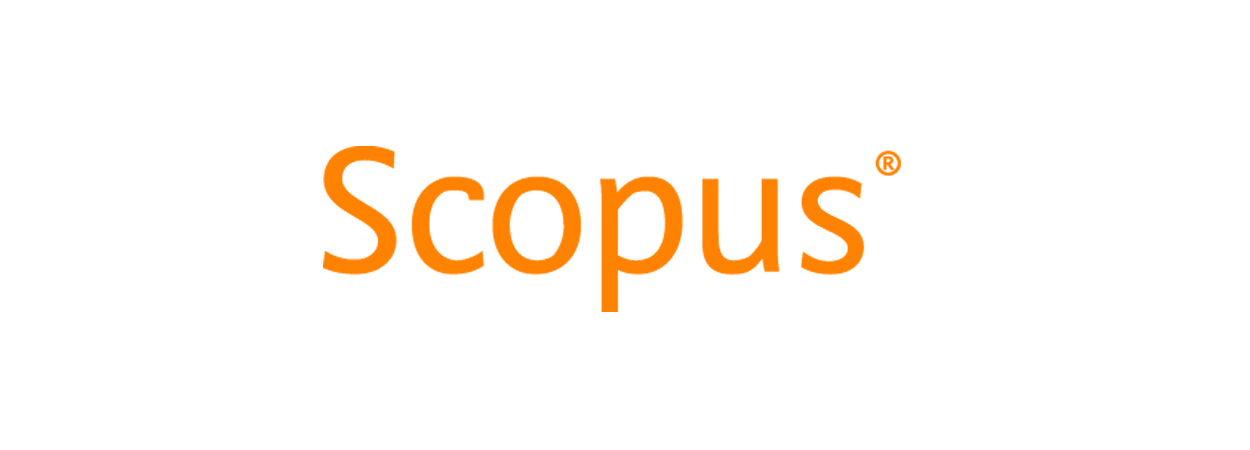ANALISIS EFISIENSI SISTEM TATA NIAGA GULA DI INDONESIA
Abstract
Debate on Indonesia’s sugar polisy was stimulated by the sharp increase in the sugar retail price after the implementation of import regulatory policy regim based on the Trade and Industrial Ministry Decree No. 643/MPP/Kep/9/2002.23 September 2002 revised with the Trade and Industrial Ministry Decree No. 527/MPP/Kep/9/2004/and followed by Ministry of Trade Decree No. 19/M-DAG/PER/4/2006 tanggal 19 April 2006.
UsIng the annual data for the period of 1998-2004,this study examines the “reasonable sugar retail price “in Indonesia using two approaches i.e (1) import parity and (2) production cost and distribution ; and based on those reasonable sugar retail prices, this study try to analize the efficiency of the “system tataniaga gula “in Indonesia.
The results show that because of the government policy intervension, sugar retail price paid by the sugar cosumer in Indonesia is higher than if no government intervention ( free Trade). It is about 43.07 % and 3.43.% higher based on the first and second approach, respectively, moreover , due to the various, government policies related to tariff and import regulation, cosumer lost for about Rp. 3.8 – Rp 6.2 Trillion a year, but producer get benefit for about Rp.3.2 – Rp 5.2 Trilion ayear. Hence, The dead weight loss due to the”system tataniaga gula “is about Rp. 06- 10 trillion a year.
References
Devadoss, S dan J. Kropt, 1996. Impacts of Trade Liberalizations Under The Uruguay Round on the world sugar Market, Agricultural Economics (15) 83—96
Departemen Pertania 2006 Roadmap Swasembada gula 2008 Departemen Pertanian, Jakarta.
Ernawati,1997. Kajian Keragaan Pasar Gula Indonesia dan simulasi Dampak Kebijakan Leberalisasi
Perrdagangan Gula Dunia, Tesis Master Program Pasca Sarjana Institut Pertanian Bogor
Groombridge, M.A. 2001. America’sBittersweet Sugar Polisy. Trade Briefing Paper. Center for Trade Policy Study Cato Institut, Washington DC.
Kennedy, P.L.2001. Sugar Policy Louisiana Stated University, Louisiana.
Noble ,. 1997 The European Sugar Policy to 2001. World Sugar and Sweetener Yearbook 1996/1997, D13.DA21.
Susila, W.R dan Sinaga, B.M 2005 Analisis Kebijakan Industri Gula Indonesia,
Jurnal Agro Ekonomi, Vol 23. (1): 30-53.
Susmiadi, A. 1986 Elastitas Pendapatan Permintaan Gula di Indonesia.
Disertasi Doktor. Program Pasca Sarjana Institut Pertanian Bogor.
Utami, S.1984 Permintaan Bahan Pangan Penting di Indonesia. Disertasi Doktor. Program Pasca Sarjana Institut Pertanian Bogor.
Copyright (c) 2018 Buletin Ilmiah Litbang Perdagangan

This work is licensed under a Creative Commons Attribution-ShareAlike 4.0 International License.










 Buletin Ilmiah Litbang Perdagangan
Buletin Ilmiah Litbang Perdagangan
